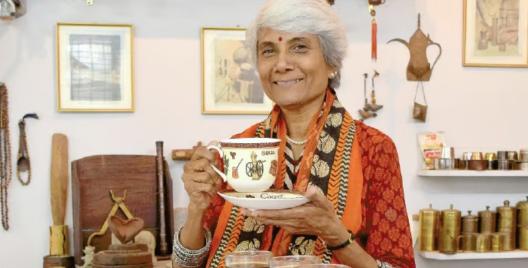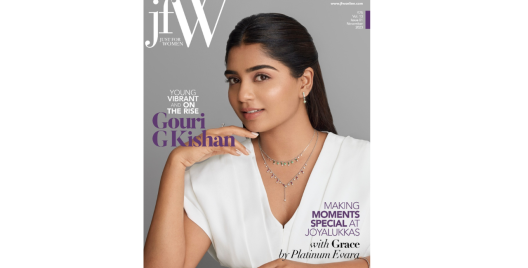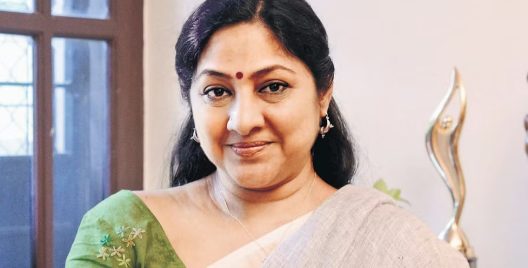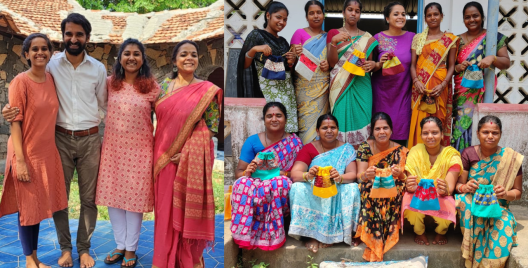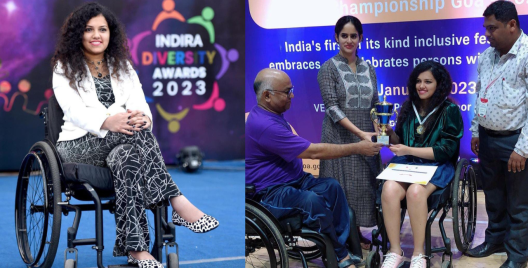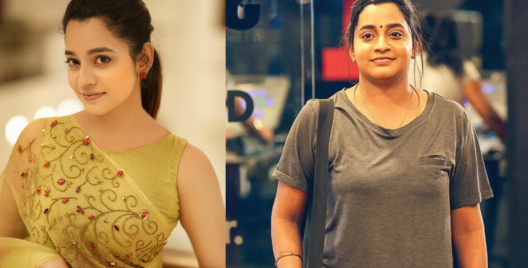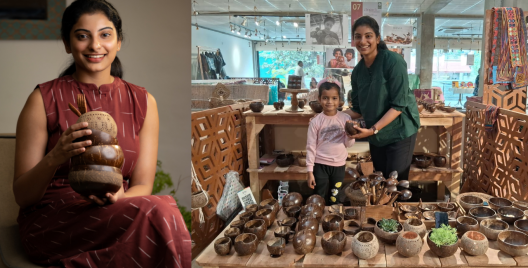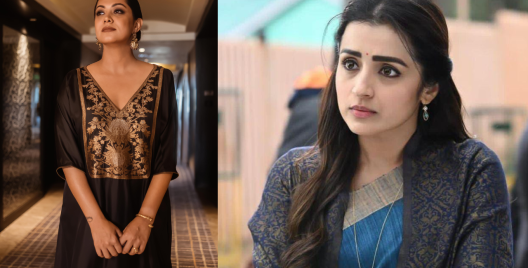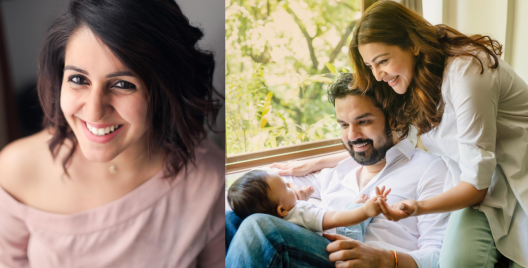Kamana Gautam is a nutritionist by profession, a mother of two and has been living sustainably for the last 6 years. She practises minimalism and strives to educate more people on the benefits of conscious living. Bageswari spoke with her to understand what ‘living consciously’ means and how we can also adopt it in our day-to-day lives :
How will you define sustainability in practical terms?
Well, for me, if you go by the definition of what sustainability means, sustainable is “sustain”+”able”-like you are able to sustain yourself. For me the most important thing is that, whatever resources we currently have, we should use it mindfully, and preserve it for future generations. So, to live sustainably means to use the resources consciously so that you can save up for the future. We want our future generations to live a happy life and that will only be possible if the basic resources are not exploited. I realised that one cannot just pinpoint and blame the government or the people for not taking the right measures. It has to be a collaborative effort between the citizens and the government. So, you need to make changes in your house, so that kids can observe you and follow the same lifestyle that you are following.
What inspired you to be sustainable? Is there any specific incident which made you change your lifestyle?
It was all because of my social media. The moment I started getting visibility on my social media, many brands started approaching me for collaboration. I was doing one collaboration and I realised that first of all, these products are so expensive that I cannot even afford them. So, if I cannot afford them, how do I expect my followers to buy? Then the second question that came to mind was – “Do I really need it?”
If I don’t really need it, why would I buy it? So, I reached a point where I realised that this was all about consumerism. There is a difference between need and want. When you talk about need, needs are necessities – a house, food, water, access to education.
In the last 20 years due to globalisation, the global purchasing power of the middle class has gone up. Our accessibility to materials is easy and convenient. Now we are constantly buying. So, our carbon footprint relating to consumption has increased. It made me realise that if I start promoting everything, I will also be part of this society and I told myself that I will not be promoting anything that is not needed or is unnecessary.
After realising the importance of this lifestyle, how did you get started on practising the lifestyle?
The society where I lived, we formed a group of volunteers where we discussed how waste management is important to start a sustainable lifestyle. We started doing door-to-door waste segregation awareness campaigns where we were telling people how to segregate waste effectively. This is when I started experimenting with composting. I remember buying a composter for 1500 rupees and I started composting. When you start the journey, it isn’t about making a change today. Small acts make a big difference, like carrying your own bag to get groceries, water bottles etc. Disposable items are the number one problem today- water bottles, plastic bags, plastic cups, spoons and plates. Single use items are major polluters. So, we started by carrying cutlery from home whenever we went out. Small habits like these were the beginning.
A few simple steps that each one of us can adopt in our daily life to be more environmentally friendly?
First and foremost, segregate your waste. Find a good recycler who will help with recycling the waste. You can easily go to your local municipality and get more information about the recyclers who are in your locality.
Second, start taking your own bags. You shouldn’t take a plastic bag and put it in your bag. You need to stop using plastic bags completely.
You can carry your own water bottles, you can also carry your own cutlery pouch in which you can keep your own spoons, forks and straws, so that even if you are going to a restaurant, you can minimise the trash that comes from food.
You can actually replace your disposable batteries with rechargeable ones. Not a lot of people know that these disposable batteries don’t get recycled. No e-waste vendor actually collects disposable batteries because they don’t get recycled. There is no market right now for them.
People say that sustainability is very expensive and brands are very expensive. You can always try buying second hand items just the way I am doing. 95% of the stuff that my kids use till now are second hand. So many second hand online markets are available on Facebook and on Instagram.
While buying things for a baby for their early years, buy a pre-loved item because they outgrow most things. Many social media pages are connecting you with buyers and sellers for stuff like this. Even for clothes, there are plenty of thrift stores online and offline. We all know how fast fashion is causing harm to the environment.
What are the misconceptions that you hear on a daily basis on going sustainable and what is your reply to these misconceptions?
People think following a sustainable lifestyle is very expensive. India has been following sustainability since ages. You know, our grandparents were sustainable. But the word sustainability has become a trend or a buzzword in today’s times. You don’t need expensive things in your life to be sustainable. When I talk about menstrual hygiene, there are options available instead of pads. I have been a menstrual cup user for the past six years. Menstrual cup goes upto ten years. The disposable pads that you buy every month are not economical and you dispose them after use. One pad can take more than 500 years to degrade.
Lot of people also have the myth that sustainability is about everything zero plastic. Being zero waste plastic is slightly impossible in today’s world where the supply chain is filled with plastic. Even if we try to buy from zero waste stores, we forget that those groceries are also coming in plastic bags only. Nothing is zero waste in the end. People also tend to forget that plastic is one of the biggest inventions which has made life easier. Plastic was never bad. We are just over exploiting it.
So people say that they will be sustainable and discard all their plastic containers and replace them with glass and steel containers. No, that is not sustainability. Sustainability is using what you already have. If you are already using plastic boxes, use it till the end. Decide what you need and what you want.





